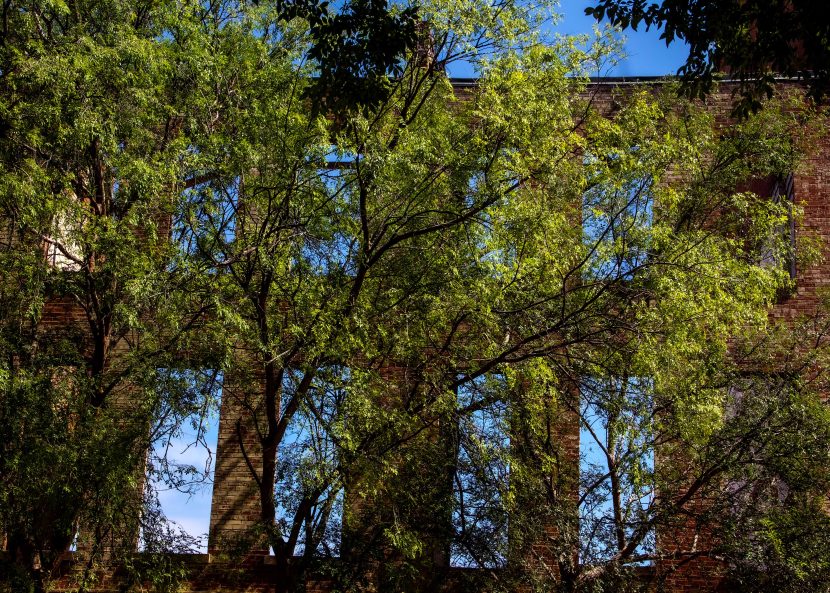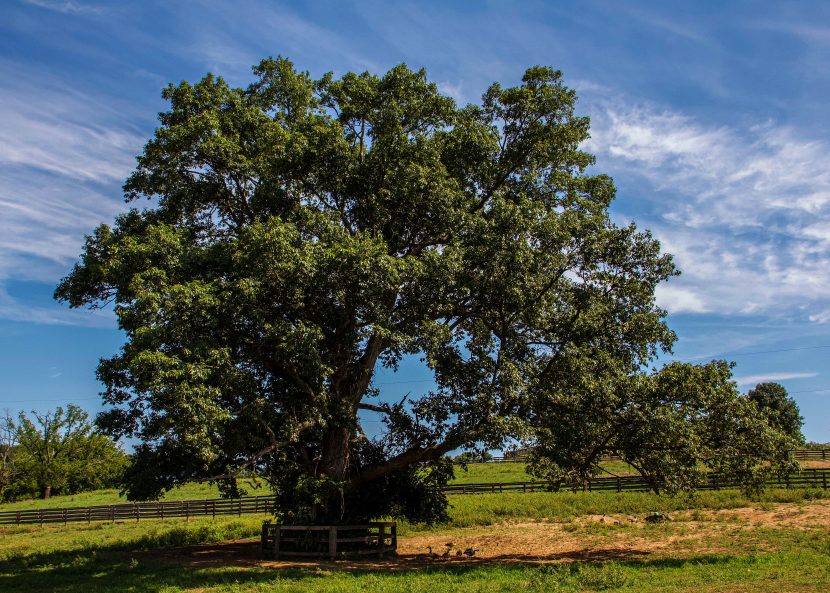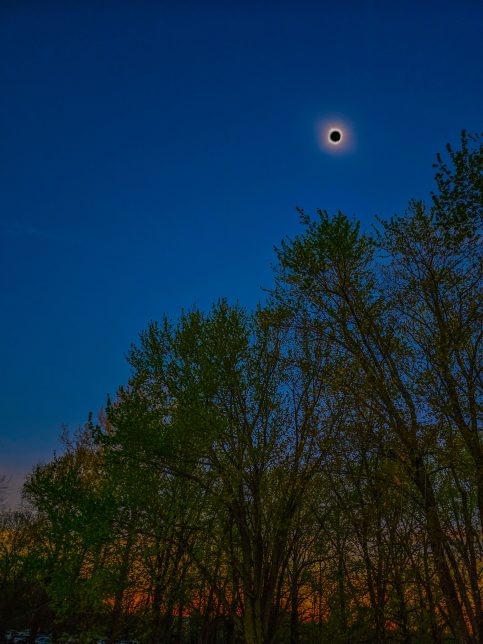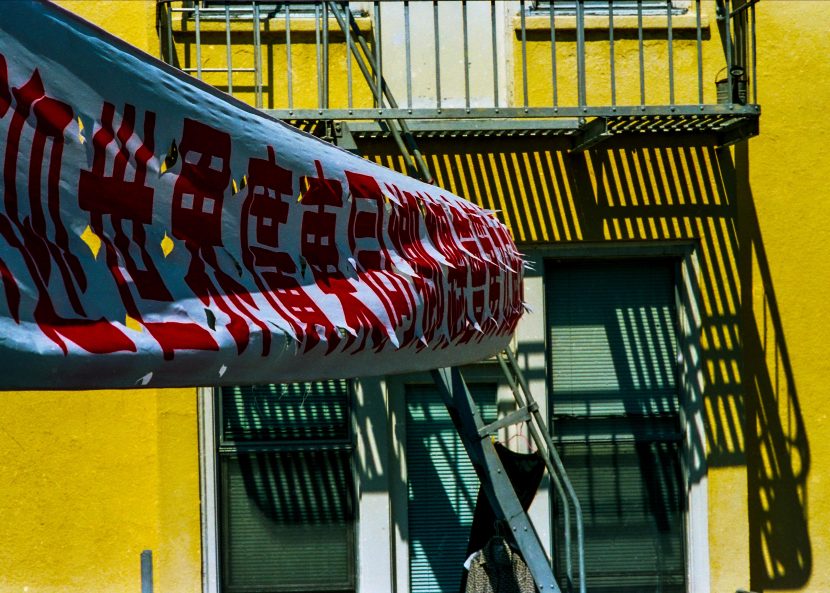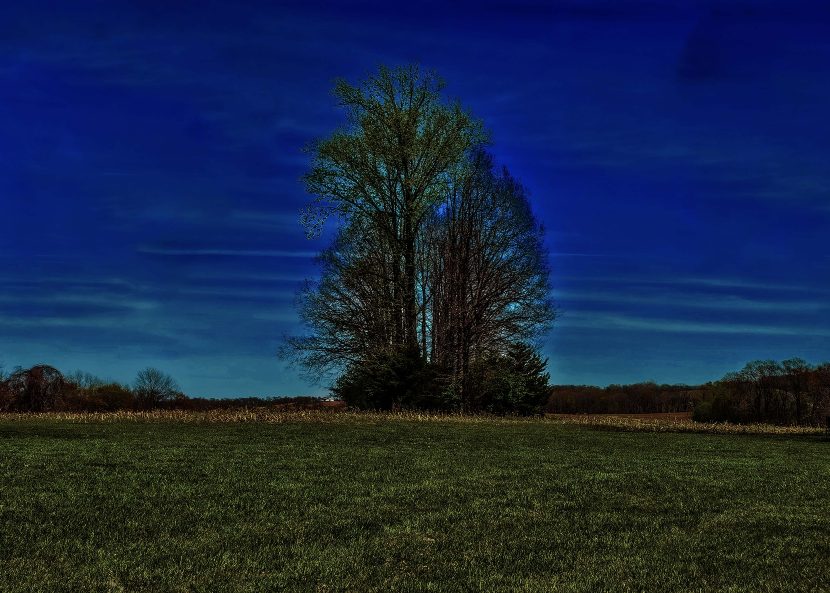In retrospect, the situation we face in the country today is born of factors that have been present all along, but were buried under a common optimism about the future which used to define us, at least in our public discourse. Looking to the future has defined this country in one way or another since its inception, but very aggressively since the mid-20th Century. Once we had the technological capacity to build a common infrastructure, the Future became a destination for more people than ever before.
So what happened?
Because that is what we find ourselves on the verge of losing. The Future.
For the moment, consider the narratives. Since the prognostications of science fiction took root and grew into a forest of speculation, we have been offered visions of heroic and dynamic futures with adamantine towers and plenty and the ability to go to the stars and cure ancient illnesses and contemplate our place in the universe in ways impossible before since we were trapped on a single world with limited ability to change our tomorrows. Many of us took hold of the vision and couldn’t wait to get there. Our imaginations were fired with mission and with such stories clearer ideas of what that future might look like.
Alongside these grand possibilities, the obverse marched in lockstep. The collapse of everything, armageddon, reducing even what we had already achieved back to times when disease, famine, and immobility overrode aspirations. Often these scenarios were depicted as a direct consequence of the progress we desired. Certainly it was not implausible. Along with advances in medicine and energy and agriculture, we faced total destruction by dint of wars that might last a day and leave nothing standing. The challenge was working together to get past that to reach the better tomorrow.
What many of us did not anticipate was that so many people would embrace the dystopic vision. Not just dictators and authoritarians, not just greedy profiteers, but common people who saw themselves as perhaps heroes only in the rubble and preferred the broken landscape where they imagined having a purpose instead of brighter landscape wherein they frankly could not imagine having a place.
The emergence of so-called survivalist groups seems on its face a logical response to Cold War fears of nuclear war. But. As the Cold War came to a close and the specific threats faded, these groups found themselves unable or unwilling to move on and invented new threats heralding the end of the world, assuring them of the necessity to separate and isolate themselves from the recovering and progressing culture they have come to distrust and reject. A culture still largely based on progress. With the addition of Apocalyptic religious groups, the nature of the perceived threat/fate changed into one aggressively resistant to the usual counterarguments based on the given reality.
The persistent assertion of these positions has gradually eroded boundaries separating them from the culture at large and in often unexpected ways have changed even so-called mainstream apprehensions of previously unquestioned aspects of a progressive agenda, specifically modern medicine, economic adaptability, and a suite of characterizations of government designed to diminish or destroy public confidence in institutions. For the leaders of such groups, this is winning tactic, because as faith in said institutions is broken, systems stumble and fail, and this is seen as justification for further pronouncements of collapse. Self fulfilling prophecy.
But why does it work?
Take vaccines. The efficacy of vaccines is a matter of established fact. The reduction and near eradication of certain diseases, many if not most of which have horrific fatality records among children, is an established historical fact. Public health institutions, through robust vaccination programs, boast a heroic degree of success. So much so that we have a couple of generations now that came of age with no direct experience of these diseases. Whereupon a peculiar thing occurred. People began treating those times as mythic. It would be reasonable to assume people would refer to such history and base decisions upon the facts at hand, but human nature is perverse in the things it is willing to accept in the absence of first-hand experience.
“Those illnesses are gone, so why is the government still insisting on these vaccines?”
This is a question those of an apocalyptic mindset appreciate. The government programs themselves are co-opted to stand in for any fabricated theory that will advance the agenda of those who have embraced a dystopic view of…
Well, everything.
You can see the worm of perversity in the way no reasonable answer is accepted.
But this is not about acceptable answers. This is about rejecting any answer—indeed, any question—that might entail change. Once that becomes the goal, then the capacity to process change, the need for it, becomes, if not impossible, redirected into the construction of internal fortifications that in their ultimate expression deny anything outside the boundaries of personal identity.
At this point, designations of Right or Left become nothing but talking points. The early supporters of Lenin and then Stalin here in the West indulged this refusal to examine evidence that contradicted their desired perspective.
In all this, the thing most damaged and often lost is balance.
But isn’t constant progress unbalancing, too? If not paired with an ongoing appreciation for that which has already been achieved and is worthy of preservation, certainly.
The line is drawn elsewhere in the divergence of the desired future. Progress entails change, necessarily, and sometimes change is destructive. The question is, what is being destroyed? This goes to costs. What are we willing to give up in order to live in a better world?
You might argue that what is a Better World for some is not for others, and in the muzzy precincts of sentiment and nostalgia we might find valid concern. However, it need not be quite so exclusively personal. Certain changes spring from concrete necessities and what is displaced is not so easily consigned to the “charm” of the past.
What, in brief, does it cost to preserve against change?
We have to look at the whole picture. If that which is being changed exists at the expense of our well-being, then there is no justification for denying the changes required to correct the systemic distress. In other words, to be broadly blunt, if the leisure and comfort of one group necessitates the bondage of another, then nothing legitimately argues for the preservation of that system.
If what you are trying to conserve by denying progress rests upon addressable inequities, then you argue in bad faith.
Those who rail against public health, economic redress, social justice should consider the costs of their conservation. If people continue to live in poverty, in poor health, and are denied access to the very systems being guarded against change, then the argument that those systems are in need of revision at the very least has more legitimacy than the preservation of specific privilege. You as an individual may well argue that you have a right to refuse to participate in the revised system, but you do not have the right to demand the system remain static in order to protect your preconceptions.
This is what present-day conservatism seems all about—demanding a reset to a prior incarnation of our public systems in order to mollify a descriptive preference. Rolling back already adopted changes which redress past inequities.
The assault on fact, truth, and our perception of reality is dystopic to its core.
Part of the dream of a better future, aside from all the technological progress and the social improvement, we believed that the superstitions of the Past would fade. That people would disenthrall themselves from the numinal ideologies of mythic interpretations. That “belief” in that which finds expression only in assertions of identity found only in the supernatural, the legendary, the unsubstantiable, that self-professed claims like manifest destiny and racial superiority and divine preference would be relegated to the margins of history. We underestimated the hold such narratives maintain on too many of us and did too little to offer a better story.
Too many of us have let this pass unchallenged. We have watched the language be hi-jacked and altered over time, a willingness to compromise taken advantage of to everyone’s detriment, and a crisis of national character emerge with frightening suddenness and ugly ramifications. We are in the midst of a struggle between progress and regress which caught too many of us unprepared.
I grew up believing the world could be better, cooler, richer. We were on our way, all we had to do was build it. By the time I was old enough to recognize the gap between my expectations and reality, I thought, like many others, these lapses were oversights, that everyone wanted to fix them and take us further along the road to that better future. It took a while for that illusion to die and realize that the “lapses” were more often than not the result of intentional opposition to changes. Some of it was technological, certainly, but as those problems were overcome and the solutions remained unachieved, I had to realize that there are people who do not want that better future. Certainly they don’t think of it that way, they believe what they want will be that better future. It’s not that difficult to demonstrate that they’re wrong.
Or selfish. Greedy. Or simply incapable of making the imaginative leap.
Or, most frighteningly, there are those who want to be heroes in a broken world, and they’re willing to break the world for the chance to be its savior.
I believe that is what we are facing.

 Like champagne, it is a regional hallmark. We have long since discovered Woodford and have yet to taste anything better. Comparable, sure.
Like champagne, it is a regional hallmark. We have long since discovered Woodford and have yet to taste anything better. Comparable, sure. The grounds as well are beautiful. I could spend a week there photographing. Picturesque is both accurate and a cliché. The two things that hold the imagination of folks there seem to be bourbon and horses.
The grounds as well are beautiful. I could spend a week there photographing. Picturesque is both accurate and a cliché. The two things that hold the imagination of folks there seem to be bourbon and horses. Watching Maia navigate the rides prompts me to rethink my attitude.
Watching Maia navigate the rides prompts me to rethink my attitude.

